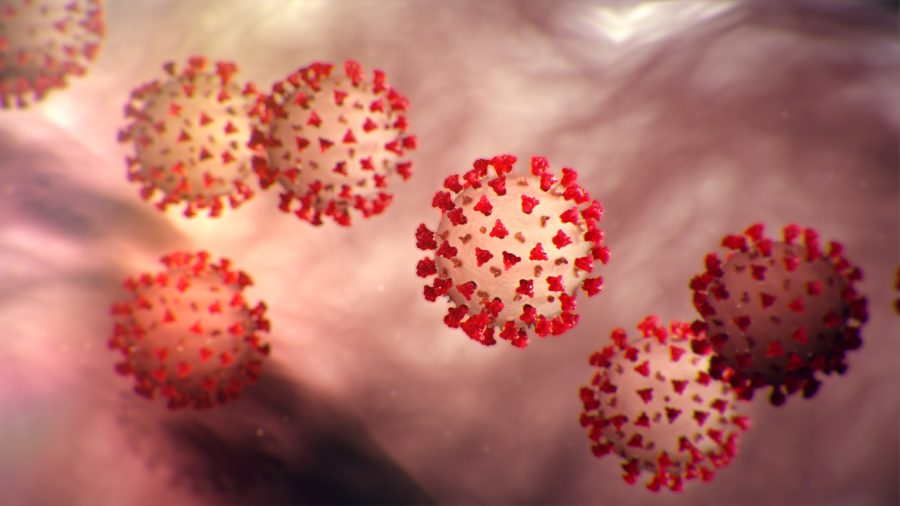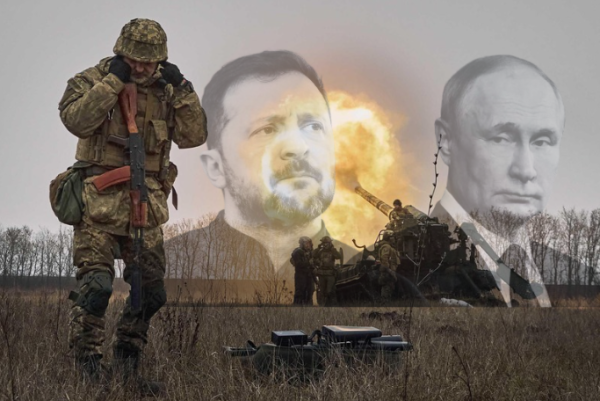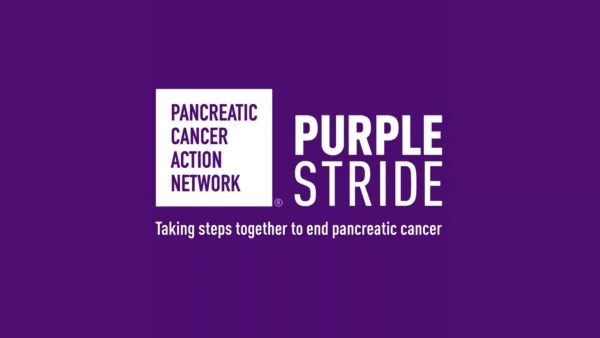Covid-19: Facts and Fiction
Covid-19, also known as Coronavirus, has become what seems to be the “national conversation,” as it appears there is almost no escape from this term. We’ve all heard it— no matter how young or old, most know the rather gruesome and dangerous effects of this strain of the illness. The world is under mass panic. But, for many, the question is: how serious is this virus? Well, given what survivors have to say, we may have our answer.
“I’m not a sickly person,” says Darryl Shuler, who assumed he may have picked up the deadly virus from a party he attended. “Everybody in my family will get sick but I never get sick. It’s just how I am.”
“The home healthcare aid that cares for my father came to work sick with the symptoms of the coronavirus, so my daughter sent him home,” said Jondhi Harrell, who almost immediately knew what he might’ve had. “Three days later, I was sick.”
“It was just a light cough and some body pains that I attributed to something else,” said Kyasha Tyson, a City Hall staffer who took ill in March.
So a recurring factor in this virus is the lack of knowledge that one has even contracted it. Some feel the effects more than others, and surprisingly, the most dangerous cases are of the people who have no knowledge they even have the disease. Here’s why: If someone has no clue they have contracted the virus, they can go out without even knowing they can spread it to others. But, these people may have a much more severe reaction, and can potentially die.
So, more than anything, awareness and testing are vastly important. Some fear, though, that the test isn’t 100% accurate. This skepticism stems from reports that people have mysteriously tested positive after testing negative in the days and weeks prior.
It seems our biggest problem, though, is creating an effective vaccine. Without a vaccine, there is no way to prevent this virus from spreading and infecting many more. There has been extensive testing done to figure out what may work as a chemical component to this vaccine but, to date, none have succeeded in solving this problem.
Billions upon billions of dollars have gone into researching this virus, and yet we still don’t have a stable cure to this disease. Doctors suspect the curve may begin to plummet by summer, but there is an almost definite possibility of a resurgence.
So, to put it simply, we need to continue to stay diligent about this pandemic. Wear a medical mask wherever you go, take precautions when touching surfaces, keep an appropriate space between you and others (roughly six feet), and most importantly: maintain social distance! If we want this virus to dissolve any faster, then we’ll have to hold out a little longer. With the testing being done, we at least have some light at the end of the tunnel now, so it’s important not to ruin what we’ve already established.






